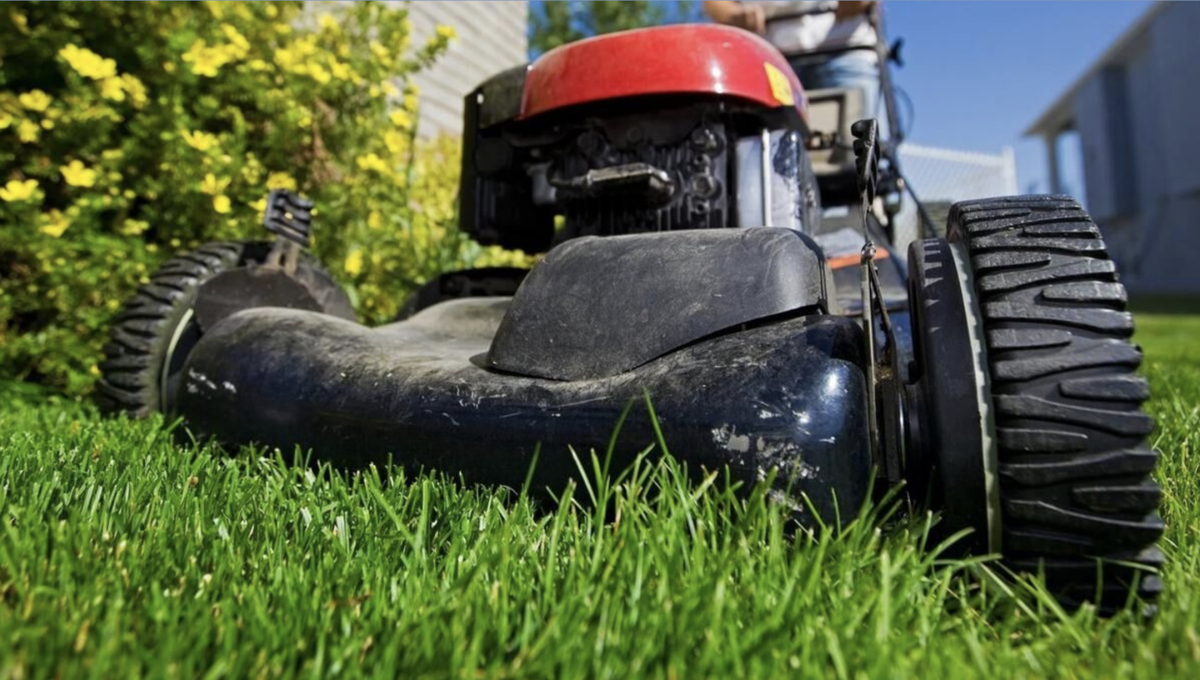With temperatures climbing above 30°C across southern Ontario this week, homeowners may feel tempted to tidy up their lawns and gardens. But experts are warning that mowing your lawn during a heat wave can do more harm than good — both to your grass and your health.
Colleen McGrory, senior product manager at HomeStars, says mowing in extreme heat can stress and damage the grass, often leading to unsightly brown patches. The better approach, she says, is to let the grass grow a bit longer during hot spells, which helps shield the soil from the sun and conserves moisture.
While the urge to garden may be strong, McGrory advises holding off until the heat subsides. The added length in the grass acts like a natural barrier against scorching temperatures, creating a more resilient lawn. And from a personal safety perspective, doing yard work in such intense heat increases the risk of heat exhaustion or sunstroke.
For those who absolutely must mow, HomeStars offers some practical tips to minimize damage:
- Avoid heavy foot traffic: Constant walking over the lawn compacts the soil and stresses the grass, especially during dry conditions.
- Raise the mower height: Set your lawnmower to cut at 2.5 to 5 cm, which allows the grass to retain moisture and develop deeper roots.
- Leave clippings on the lawn: They act as mulch, keeping the soil cooler and replenishing nutrients.
- Water wisely: Provide about one inch of water weekly, but only during cooler times of day — early morning before 8 a.m. or after 9 p.m.
- Create shade: Install awnings, plant tall shrubs, or use parasols to reduce evaporation and protect your lawn from sun damage.
- Consider a wild yard: Native plants are more drought-resistant and attract pollinators, requiring less maintenance during heatwaves.
- Use grey water or rain collection: Recycled water from cooking or bathing (as long as it’s chemical-free) is a sustainable option during dry spells.
For long-term resilience, reseeding bare patches can reduce soil erosion and water loss. The best times to do so are early spring or late summer.
HomeStars, a platform connecting homeowners with trusted contractors, reminds Ontarians that sometimes the best lawn care strategy during a heat wave is to simply wait it out — and let nature take the lead.

